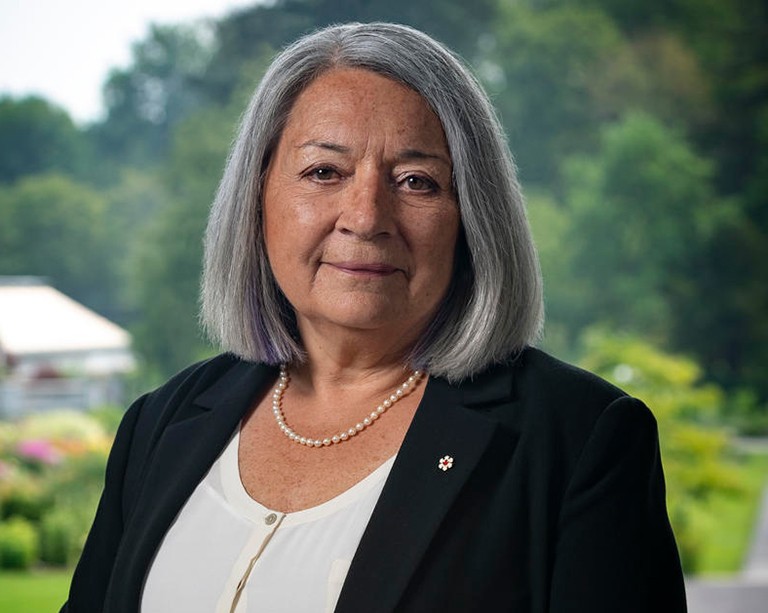The importance of making friends fast — when you’re an immigrant

There is a migrant crisis in Europe. Americans are eyeing their northern border with increasing envy. Canadians are preparing for a surge in arrivals from Mexico.
Immigration is a hot-button issue — as is the well-being of immigrants. This ongoing interest attests to the importance of making sure that immigrants newcomers can successfully integrate into their adopted cultural environment.
A new Concordia-UQAM study on forming friendships following immigration shows that the first few days after coming to a new home country may be the most important for a happy integration process. Equally relevant is the mindset with which an immigrant arrives.
In a paper published in Personal and Social Psychology Bulletin, recent Concordia graduate Marina Doucerain (PhD 15) applies to the context of immigration the notion that contact with members of a group outside of one’s own is crucial to improve relations between social groups.
“Having friends or regular interlocutors in the new culture plays an important role in migrants' successful integration, but we know little about what predicts this social engagement,” says Doucerain, who carried out the research as part of her PhD dissertation with Concordia’s INDI program.
“Migrants arrive in a new country with a whole set of expectations, dispositions and preferences, and we reasoned that what they bring to the table when embarking on a cultural integration journey would predict to what extent they participate socially in their new culture.”
For the study, Doucerain and the study’s co-authors* surveyed 158 international students who had just arrived in Montreal, whose native tongues were neither French nor English and who had not had much time to change and adapt to their new cultural environment.
The researchers followed participants over several months by asking them to complete questionnaires on their orientation toward their new home, as well as the extent to which they were socially engaged in this environment.
Participants take the same questionnaires several times, so the researchers used a statistical technique called multilevel modelling to analyze the data. This method allowed the testing of whether cultural orientations measured at the first time point — shortly after participants arrived — could predict later social engagement with Canadians.
And it turns out it could.
“We found that immigrants who had a more positive orientation toward Canadians when they first arrived had more friends and regular interactions with them,” says Doucerain, who is now an assistant professor at the Université de Québec à Montréal.
Importantly, this relation held even after the researchers took into account the role of people's ability to speak English or French, their shyness or extraversion and their physiological capacity to engage socially.
In addition, the reverse relation was not supported. In other words, it was not the case that having more social contacts upon arrival led people to develop a more positive orientation toward Canadians.
“This shows that the early days after immigration are very important for newcomers. The dispositions and preferences expressed by people when they first arrive will set them off on different trajectories of social engagement in the new culture.”
As a consequence, she adds, it is important to invest in resources to support immigrants at the very beginning of their integration journey, especially those who might not have such a positive orientation toward their new culture.
*Partners in research: The first study was funded in part by the Social Sciences and Humanities Research Council and the Fonds de recherche du Québec - Société et culture.
The study’s co-authors are: Andrew Ryder and Jean-Philippe Gouin, professors of psychology in Concordia’s Faculty of Arts and Science; Sonya Deschênes, postdoctoral research fellow at McGill University and Catherine E. Amiot, psychology professor at the Université du Québec à Montréal (UQAM).
Learn more about new findings in biological, psychological, and sociocultural well-being at the Centre for Clinical Research in Health’s annual conference at Concordia on January 13.


